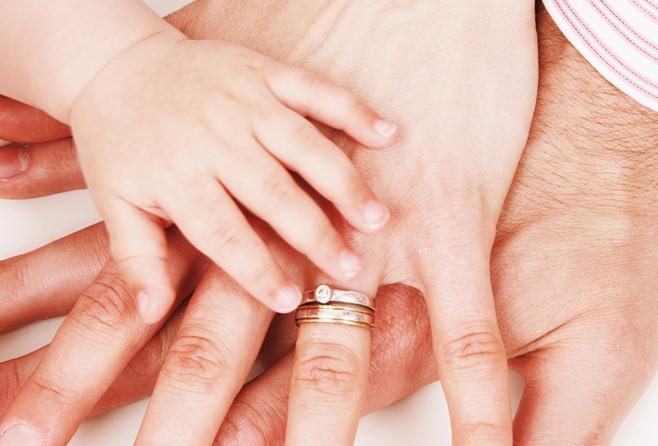Are values taught or caught?
10 Feb 2015

Retired principal, Mrs Jenny Yeo, shares about the important role that parents play in developing the character of our children.
How do we build strength of character in our children? I asked one of my daughters this question, and this was her reply:
“For me, I learnt from your words and actions. You preached kindness and respect and I saw you practising it as you interacted with staff and students as a principal. Even when you had to discipline the naughty students, it was always done with kindness and respect. What struck me most was the joy you brought to people. So as a child, I learnt that joy was the result of treating people with kindness and respect. I think that really shaped me.”
Through an experiment, a psychologist, Mr J. Philippe Rushton, demonstrated that role modelling was the most effective way of helping our children to internalise values. Often, adults are not aware of the impact of our actions. For instance, if a parent curses other drivers on the road, children in the car will think that it is acceptable and do likewise when they get angry. In our day-to-day lives, we need to be more conscious of our own behaviour, even when it is not directed at our children, such as our response when something unexpected happens.
 My daughter went on to recount an incident at a supermarket that I barely recall. She said, “That day, the wheels of a trolley ran over your feet. Instead of fussing about the pain it must have caused, you checked on the person using that trolley. The lady had tripped and you immediately checked if she was alright. I learnt not to care only for ourselves, but to also care for others.”
My daughter went on to recount an incident at a supermarket that I barely recall. She said, “That day, the wheels of a trolley ran over your feet. Instead of fussing about the pain it must have caused, you checked on the person using that trolley. The lady had tripped and you immediately checked if she was alright. I learnt not to care only for ourselves, but to also care for others.”
Building character must be the work of both parents and schools. It does not just happen! We must work hand-in-hand to impart the same values. If we fail to do that, our children will be confused. For example, a teacher was teaching her students to show care by giving up their seats to the very young, elderly and pregnant on public transport. One eager student pledged to practise this on his way home. However, the next day, the student was downcast and refused to share his experience when asked. He explained later in private that his mother had told him off for giving up his seat. The poor child was perplexed.
If we want our children to grow up to be good and useful citizens, we need to inculcate the right values and habits. If we teach them to focus only on themselves, they will grow up self-centred, thinking that the world owes them a living!
One way that we can actively support the efforts of schools, is to spend quality time together with our children or as a family. Suggested activities can be found in the Character and Citizenship (CCE) workbook, which accompanies the textbook which is designed based on students’ daily experiences. Watch this video for more information on “Family Time” in the CCE syllabus and check out an example of a page in the workbook here.
If a structured approach works for you and your child, get your hands on a toolkit by the Touch Community Services.
So how do we build the character of a child? My advice is to:
Teach
Enforce,
Advocate and
Model
This will set behaviour boundaries to shape your child’s character. Building a child’s character is certainly not an easy task as it takes time and effort, but we know that character counts in life and your children are counting on you!



.jpg)
.jpg)
